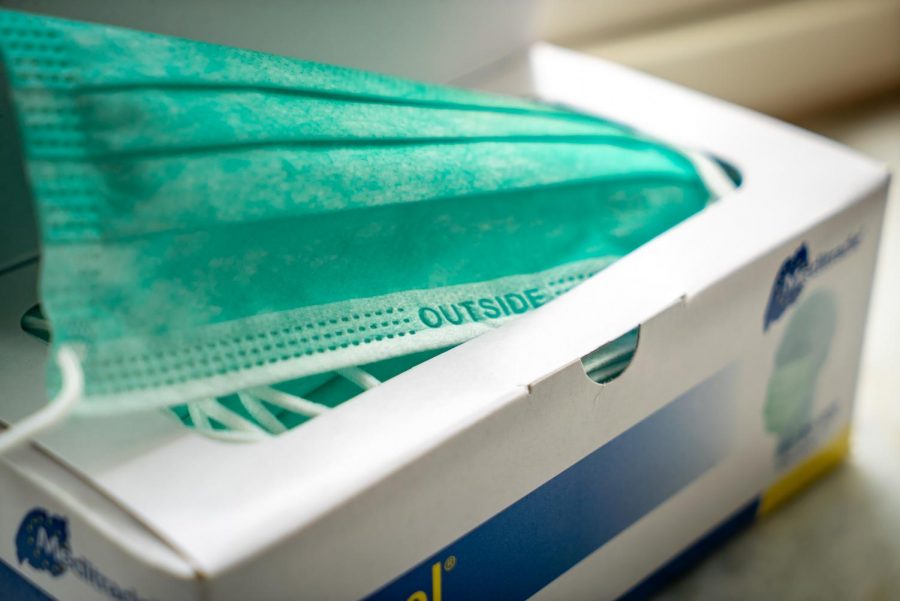Some AACC students work during shelter-in-place order
Some AACC students are still working during the shelter-in-place order, due to being considered essential workers.
April 6, 2020
Not every AACC student is sheltering in place to stay safe from coronavirus.
Third-year graphic design student Travis Gibson, a Home Depot sales associate, said he’s working at the store a few times a week at a job the state considers essential. Home Depot sells necessary household items.
Third-year mechatronics student Gerald Maravanyika said he works everyday as a sales associate at Fastenal, a distributor of industrial and construction supplies.
Gov. Larry Hogan announced a shelter-in-place order last week, ordering Marylanders not to leave their homes except for essential business like grocery shopping, picking up medicine or caring for elderly family members.
Maravanyika said his employer is essential because it sells disposable gloves, respirators and other medical supplies.
In fact, the company no longer sells products to customers and businesses that are not essential during the pandemic, Maravanyika said.
Second-year transfer studies student Jake Brannon works at Metacond, a sheet metal contractor in Baltimore.
“I work [from 6 a.m. to 3 p.m.] every day of the week,” said Brannon, who started the job during spring break and works alongside his father. “It’s considered essential because we are considered a construction company and specialize in HVAC, which Governor Hogan has considered essential.”
The students said their employers are taking precautions to protect them from COVID-19.
“We don’t allow people into the store and we are free to wear gloves,” Maravanyika said. “So it just helps move things a bit smoother. … [We’re] keeping people away from the products and keeping them away from other things that would be considered public.”
At Brannon’s worksite, he said, “We’re required to keep very clean working stations and have to wash our hands or use hand sanitizer during every break. It’s construction. We always wear gloves anyway.”
Gibson said Home Depot has rules for employees as well.
“We have to wash our hands and be six feet away from people,” Gibson said. “The six feet thing is really difficult especially for me [because] I can’t hear very well.”
Maravanyika said his manager gave him the option to take time off during the crisis, but he chose to stay on.
“I need the money,” Maravanyika said. “Life doesn’t stop just because a virus breaks out.”
Likewise, Brannon said he chose to work to earn money.
“College is expensive, and I don’t want to make my parents have to pay for everything,” Brannon said. “Every little thing helps. It also gets me out of the house and not sitting doing nothing every day.”
Gibson said his job has not given him a choice to work but is offering extra benefits to those who have stayed on.
“We got 80 extra hours of personal sick time and they’re giving us bonuses for April,” Gibson said.
Maravanyika and Brannon had some advice for students who are working outside of their homes.
“Wash your hands; minimize contact with customers,” Maravanyika said. “Just be patient with people because you don’t want to irritate people. Just reassure people by being positive.”
“Don’t go out unless it’s necessary,” Brannon said. “This is serious. More serious than a lot of people thought.”












